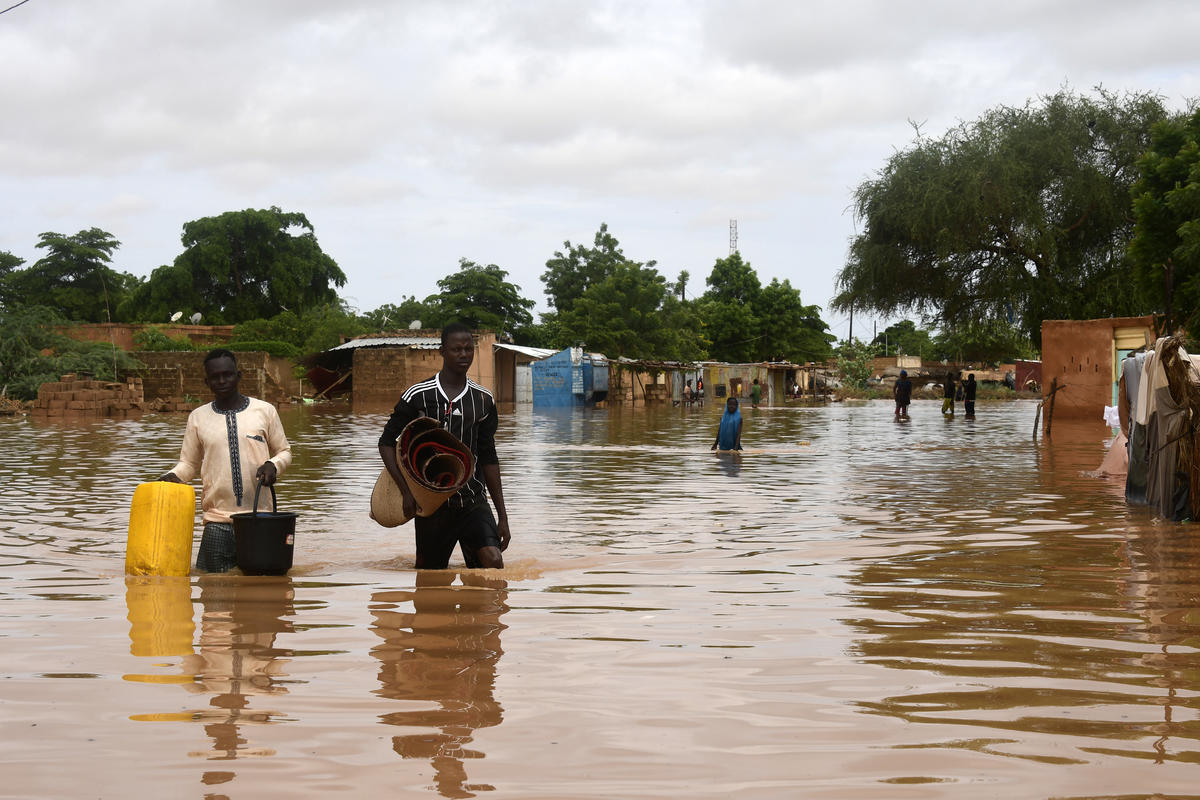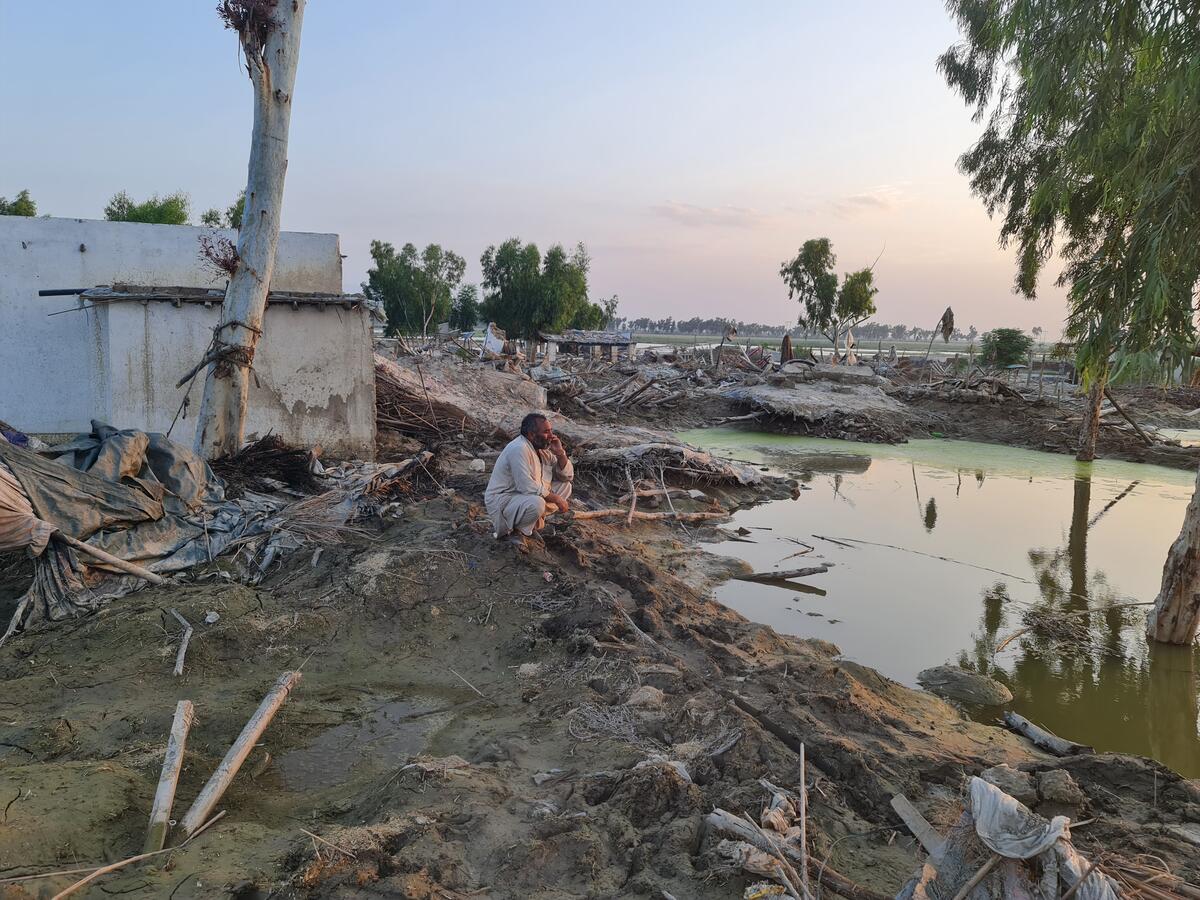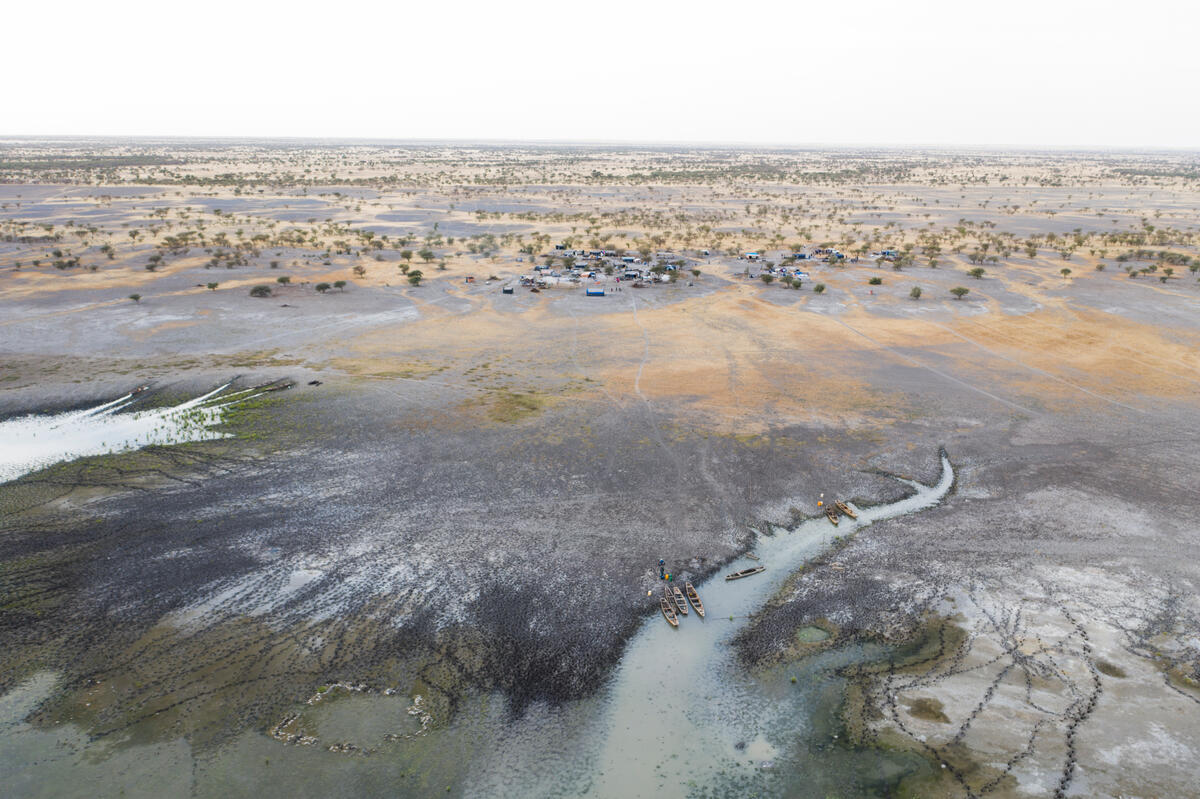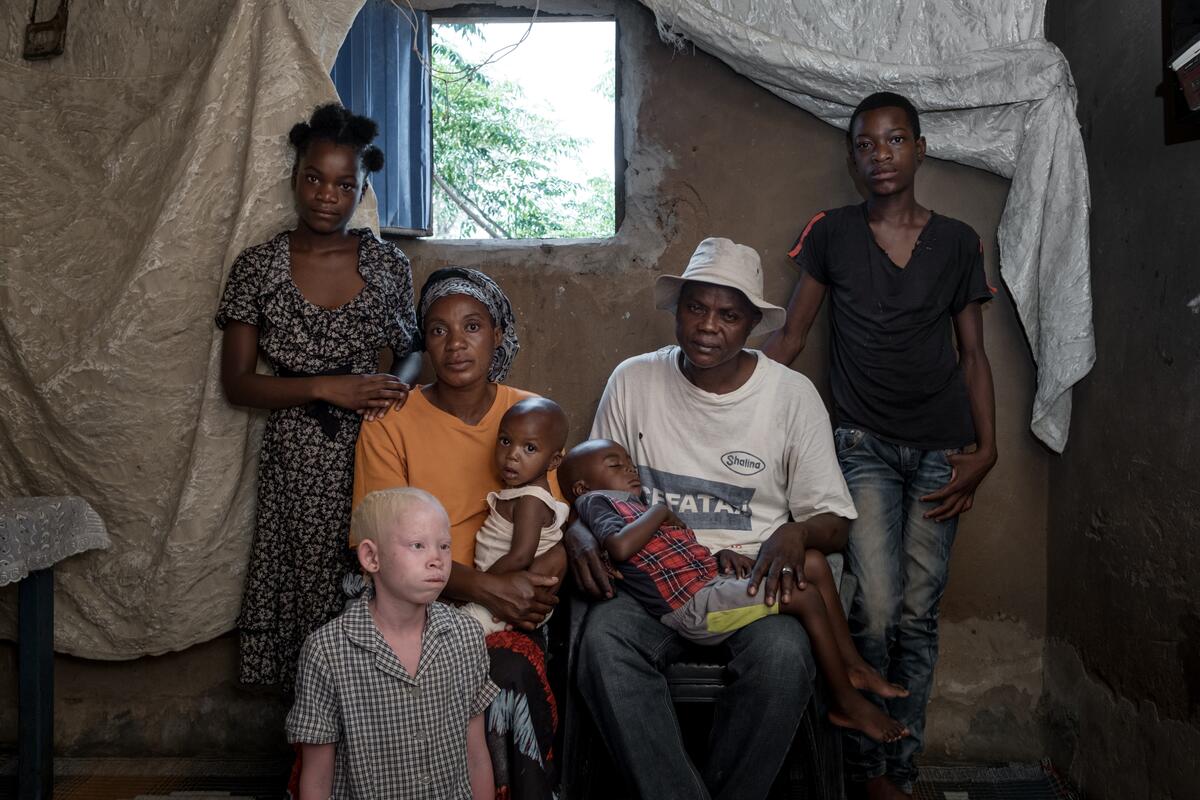UNHCR assisting displaced families affected by floods in the Sahel
UNHCR assisting displaced families affected by floods in the Sahel

UNHCR, the UN Refugee Agency, is scaling up efforts to assist displaced families in Africa’s Sahel, among more than 700,000 people affected by devastating floods in the region.
Dozens of people have died including a displaced pregnant mother and her teenage daughter. Thousands more are in immediate need of shelter, clean water, and health services across large swathes of Burkina Faso, Chad, Mali, and Niger.
The heaviest rains which began in August are believed to be the worst in over a decade. Homes have been destroyed, health centres damaged, and farmlands submerged across the Sahel, where intense and indiscriminate violence had already forced more than 3.5 million to flee both within countries and across borders.
“Refugees, internally displaced, and their hosts were already on the brink and in urgent need of our assistance,” said Millicent Mutuli, UNHCR’s Regional Bureau Director for West and Central Africa. “The floods bring a menacing new level of hardship, while hampering our efforts to respond to one of the world’s worst and fastest-growing humanitarian crises.”
Across the region, infrastructure including medical facilities have been badly damaged, impacting national responses to COVID-19 and other illnesses such as malaria and measles. With water sources contaminated and latrines flooded, fears are rising that cholera could spread.
Crops have been destroyed in the floods, increasing food shortages and the vulnerabilities of farmers and their families whose livelihoods depend on harvests.
In the region, Niger has been hardest hit. Nigerien authorities have reported 71 deaths, 90 injured, and over 350,000 people impacted by the floods across the country, particularly the Maradi region. UNHCR has been mobilizing assistance to internally displaced people (IDPs) in areas where they must wade through waist-deep water or paddle in canoes.
Six sites hosting displaced people have been hit by the floods, leaving more than 9,000 refugees and IDPs in urgent need of shelter. UNHCR has already distributed 1,900 shelter kits as well as relief items such as clothing, blankets and hygiene kits. This has depleted our emergency stocks in some areas.
In Burkina Faso, the floods affected all 13 regions, causing the death of 41 people, injuring 112, and leaving 12,378 households without shelter. In Kaya, a pregnant mother and her teenage daughter, who had fled violence, died when their neighbor’s house collapsed onto their tent. The torrential rains have caused extensive damage in a country where one in five inhabitants were already displaced by violence. Burkina Faso currently hosts more than one million IDPs, half of the internally displaced population in the Sahel.
Our teams are racing to reinforce existing shelters, build new ones in safer areas, and to relocate affected displaced families. UNHCR has long urged authorities in Burkina Faso to relocate IDPs out of flood prone areas.
In Chad, where more than 236,000 people have been affected by the floods, UNHCR and other partners are urgently providing shelter, food, core relief and health care. In the southern province of Gore, 1,735 refugees were affected, with at least 283 households seeing their farmlands flooded and their crops destroyed. Torrential rains have rendered roads impassable, impeding humanitarian efforts to reach affected refugees and cutting our teams off from offices in Haraze and Shari.
In eastern Chad, most of the homes and shelters in six camps hosting thousands of refugees near Iriba were destroyed or severely damaged, forcing refugees to sleep in schools and under open skies. UNHCR has distributed aid items to help those affected meet their immediate needs.
In Mali, thousands of IDPs and local communities have been affected by floods. Hundreds of homes have been destroyed in the worst affected regions of Gao, Mopti, Ségou and Sikasso.
Because of the economic fallout from COVID-19, many across the region were already struggling. The longer-term socio-economic consequences are being exacerbated by the impact of the floods and will disproportionately affect displaced populations and the communities that host them.
UNHCR is urging governments in the region to include refugees, IDPs and their host communities in the response to the floods and their aftermath.
Rising global temperatures are changing rainfall patterns across the Sahel, increasing the frequency and intensity of floods, droughts, and sandstorms.
The events are multiplying risks for host and displaced communities that are already grappling with extreme poverty, food insecurity, armed conflict and climate risks, critically compounded this year by the COVID-19 pandemic.
For further information, please see:
- In Dakar (regional), Romain Desclous, [email protected], +221 77 786 396 385
- In Geneva, Boris Cheshirkov, [email protected], +41 79 433 7682
- In New York, Kathryn Mahoney, [email protected], +1 347 443 7646
- In Niamey, Jean-Sébastien Josset, [email protected], +227 90766977
- In Ouagadougou, Moussa Bougma, [email protected], +226 253 405 22
- In N'Djamena, Simplice Kpandji, [email protected], +235 68 59 3060
- In Bamako, Chadi Ouanes, [email protected], +223 75 997 247









